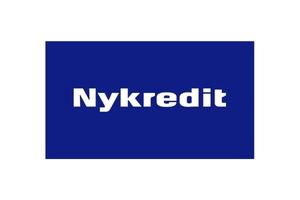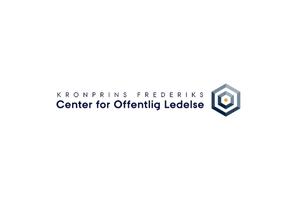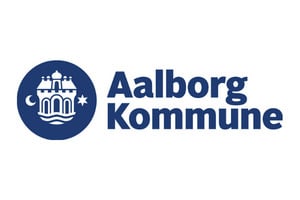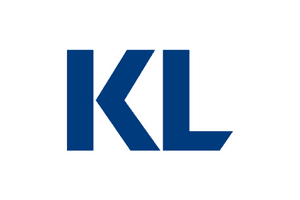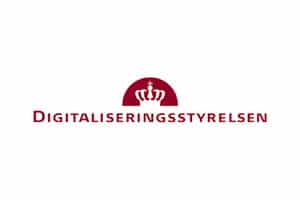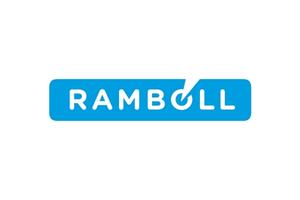Contact us to learn more about what we can do for your organization
Are you facing an organizational change? Do you need strategic advice or a cultural development program?
Contact us and together we will tailor a process that develops the exact competencies and structures that strengthen and future-proof your organization.
Claus Elmholdt
Professional Director, Founder
Cand.Psych.Aut. & Ph.d. Associate Professor in Management and Organizational Psychology
E-mail: ce@lead.eu
Phone: +45 26 14 51 57

